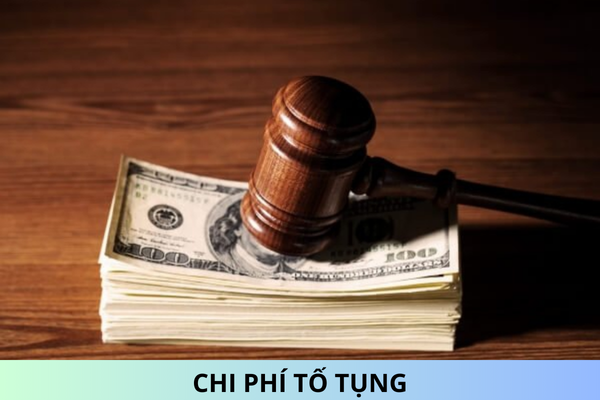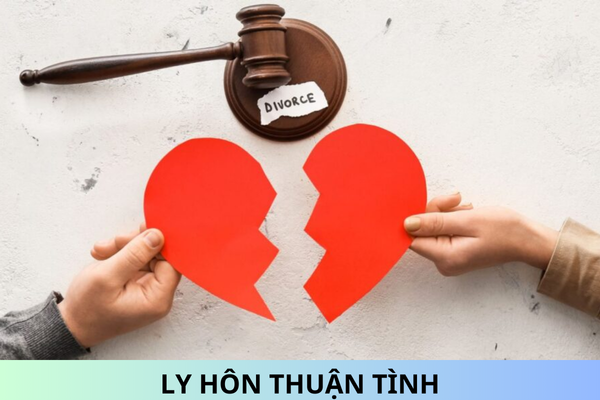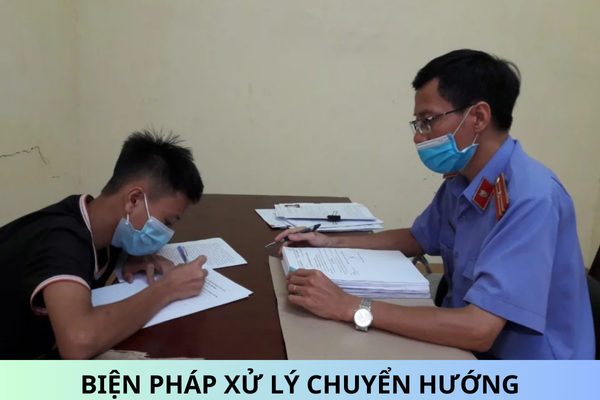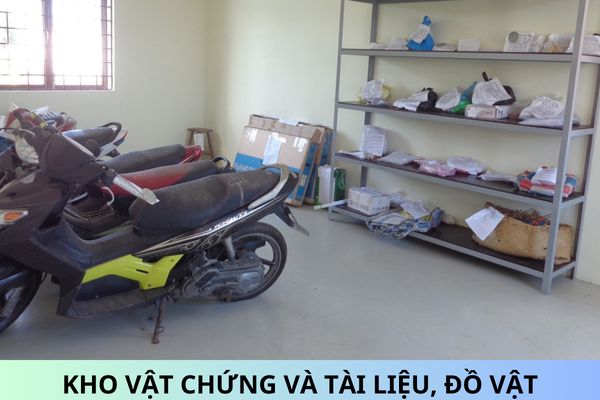When do suspects have right to be informed of reasons for charges against them in Vietnam? Who has right to order and decide the apprehension of suspects for detention in Vietnam?
When do suspects have right to be informed of reasons for charges against them in Vietnam? Who has right to order and decide the apprehension of suspects for detention in Vietnam?
Regarding the law on criminal proceedings, please ask for the above information.
When do suspects have right to be informed of reasons for charges against them in Vietnam?
Pursuant to Clause 2a, Article 60 of the 2015 Criminal Procedure Code, regulations regarding the suspects are as follows:
1. Suspects are physical persons or juridical persons facing criminal charges. The rights and duties of juridical persons as suspects are executed by their legal representatives according to this Law.
2. Suspects are entitled to:
a) Be informed of reasons for charges against them;
b) Be informed or explained about their rights and duties as per this Article;
c) Acquire decisions on charges against suspects and amendments to such decisions; written approvals of such decisions or amendments; decisions on enforcement, change or termination of preventive and coercive measures; final reports of investigation; decisions on suspension and suspension of investigations; decisions of suspension and suspension of lawsuits; charges, decisions on prosecution and other decisions on legal proceedings according to this Law;
d) Give statements and opinions and bear no obligation to testify against themselves or admit to guilt;
dd) Present evidences, documents, items and requests;
e) Confer on relevant evidences, documents and items and request authorized procedural persons to check and evaluate such;
g) Requisition expert examinations, valuation; changes of authorized procedural persons, expert witnesses, valuators, interpreters and translators;
h) Defend themselves or be defended;
j) Read and write digital documents or copies of such regarding charges and vindication or other copies related to their defense, upon requests, after the end of investigations;
k) Complain about authorized procedural persons’ decisions and actions of legal procedure.
3. Suspects bear these duties:
a) Be present as per subpoenas by persons given authority to institute legal proceedings. If suspects are absent due to any but not force majeure or objective obstacles, they may be delivered by force. Fugitives shall be sought;
b) Comply with competent procedural authorities and persons’ decisions and requests.
4. Minister of Public Security leads and cooperates with the head of the Supreme People’s Procuracy, Court president of the Supreme People’s Court and Minister of Defense to regulate details of sequence, formalities, time limit and location for suspects’ reading and writing of digital documents and copies of such regarding charges, vindication or other copies regarding suspects' pleading, if requested, according to Point i, Section 2 of this Article.
Therefore, knowing the reason for being prosecuted is a right of the suspect, and the usual principle when prosecuting a case and then prosecuting the accused is that after the decision to prosecute the suspect is made, the suspect will have the right to know the reason for being prosecuted.

When do suspects have right to be informed of reasons for charges against them in Vietnam? Who has right to order and decide the apprehension of suspects for detention in Vietnam? (Image from the Internet)
Who has right to order and decide the apprehension of suspects for detention in Vietnam?
Pursuant to Article 113 of the 2015 Criminal Procedure Code, regulations apprehension of suspects and defendants for detention are as follows
Apprehension of suspects and defendants for detention
1. The following individuals are entitled to order and decide the apprehension of suspects and defendants for detention:
a) Heads and vice heads of investigation authorities. In this event, the arrest warrant must be approved by the equivalent Procuracy prior to apprehension;
b) Head and vice heads of a People’s Procuracy, and head and vice heads of a Military procuracy;
c) Court presidents, Vice court presidents of People’s Courts, and Court presidents and Vice court presidents of Courts-martial; trial panel.
2. The arrest warrant and written approval of the arrest warrant must specify full name and address of the arrestee, reasons and other details as per Point 2, Article 132 of this Law.
Enforcers of an arrest warrant must read out the warrant, explain its content, arrestee's duties and rights, make written record of the arrest, and give the warrant to the arrestee.
The apprehension of a person at his place of residence must be witnessed by a representative of communal, ward or town authorities and other individuals. The apprehension of a person at his place of work or education must be witnessed by a representative of the place of work or education. The apprehension of a person at other places must be witnessed by a representative of communal, ward or town authorities.
3. Apprehension must not occur at night, except for criminals in flagrante or wanted persons.
Best regards!










